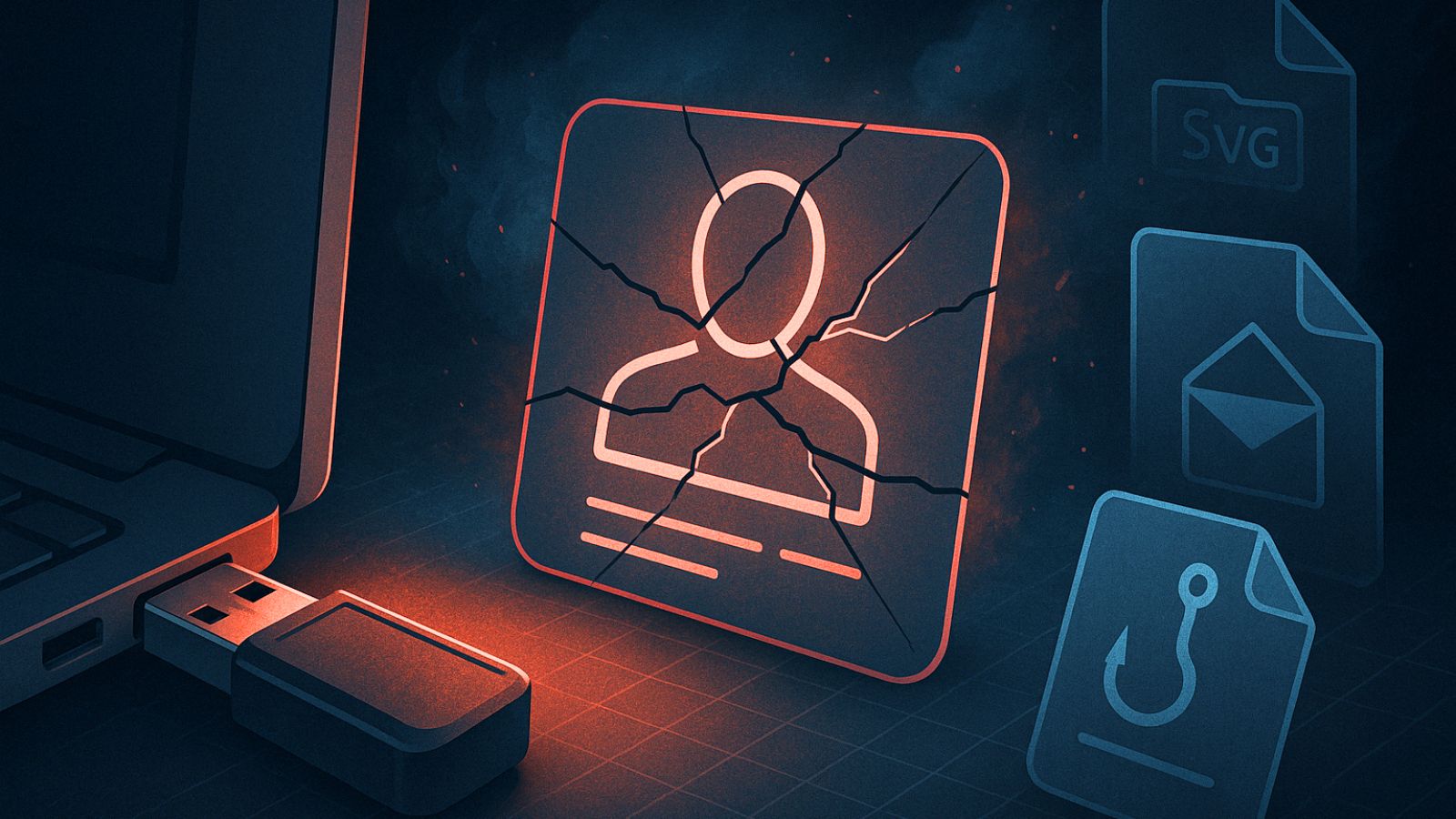
From Spyware to Infrastructure Attacks: A Week of Crackdowns and Cyber Resilience
This week’s cybersecurity landscape reflected a surge in both offensive operations and defensive responses across borders. From espionage campaigns and ransomware prosecutions to data breaches and cloud outages, the week revealed how governments and enterprises are confronting simultaneous pressures on security and trust.
ForumTroll APT Campaign Deploys the Dante Next-Gen Commercial Spyware in Russia, Belarus
Kaspersky researchers uncovered Operation ForumTroll, a cyber-espionage campaign exploiting a Chrome zero-day (CVE-2025-2783) to infect Russian and Belarusian targets. The campaign deployed Dante, a commercial spyware. Attacks are initiated via spear-phishing emails targeting media outlets, research centers, and governments.
US Secret Service Cracks Down on Payment Card Fraud, Removes 22 Card Skimmers in Maryland Operation
The U.S. Secret Service dismantled 22 card skimming devices across Maryland, inspecting more than 3,000 ATMs, gas pumps, and payment terminals. The operation, which also uncovered EBT card targeting, prevented an estimated $22.9 million in financial fraud.
US Cities Halt ALPR Cameras Due to Privacy Concerns as Municipalities Re-evaluate Surveillance Technology
Several U.S. cities, including Cambridge and Eugene, are halting automated license plate reader programs amid mounting privacy concerns. Flock Safety faces scrutiny over alleged data-sharing with federal agencies and potential misuse in sensitive investigations.
Google Debunks Gmail Data Breach Reports That Said 183 Million User Account Credentials Leaked
Google has refuted claims of a Gmail breach affecting 183 million users, confirming no compromise to its systems. The reports stemmed from misinterpreted infostealer data, and users are urged to enable MFA for protection.
Phishing Attack Uses Invisible Characters in Email Subject Lines to Bypass Filters
Researchers uncovered a phishing technique that hides invisible Unicode soft-hyphen characters in email subject lines to bypass filters. The attack exploits MIME “encoded-word” formatting to split Base64-encoded subjects, evading keyword detection in security tools.
L3Harris Trenchant Former Executive Pleads Guilty to Selling Zero-Day Exploits to Russian Buyer
Former L3Harris executive Peter Williams pleaded guilty to stealing national security cyber-exploit tools and selling them to a Russian broker between 2022 and 2025. The DOJ said his actions cost L3Harris $35 million and armed foreign actors with U.S.-developed spyware capabilities.
Key Telecom Supplier Ribbon Communications Discloses Nation-State Cyberattack
A nation-state actor infiltrated Ribbon Communications’ network for nearly a year, accessing limited customer data and triggering telecom sector security concerns. The long-term intrusion underscores increasing espionage risks from state-linked groups targeting core infrastructure suppliers.
Users Report Microsoft Azure Outage Disrupting Global Services, Highlighting Cloud Fragility
A global Azure outage linked to a faulty configuration in Microsoft’s Front Door service disrupted major corporations, airlines, and consumer platforms worldwide. The back-to-back Azure and AWS incidents have intensified scrutiny of cloud concentration and the fragility of global digital infrastructure.
Conti Ransomware Suspect Extradited from Ireland to the US to Face Charges
A Ukrainian national has been extradited from Ireland to the U.S. for allegedly deploying Conti ransomware against global victims. The DOJ says the operation extorted over $150 million from more than 1,000 targets worldwide.
Meduza Infostealer Developers Arrested in Russian Authorities’ Crackdown
Russian authorities have arrested the developers behind the Meduza infostealer during a nationwide cybercrime crackdown targeting young hackers. Police seized servers, computers, and stolen data linked to large-scale credential theft operations.
Cybercrime, Law Enforcement and AI
As cyber incidents multiply in scale and precision, the future of defense will depend on combining human expertise with adaptive technology. Security Operations Centers are evolving beyond traditional monitoring into intelligence-driven ecosystems that can anticipate, learn, and act faster than attackers.
As Ambuj Kumar, Co-Founder and CEO of Simbian, notes, AI-powered SOCs abandon rigid, rules-based approaches in favor of autonomous reasoning and continuous learning to manage overwhelming alert volumes.
Rather than replacing analysts, AI is becoming a trusted ally, handling repetitive tasks, enhancing situational awareness, and empowering defenders to outpace the next generation of cyber threats.



















